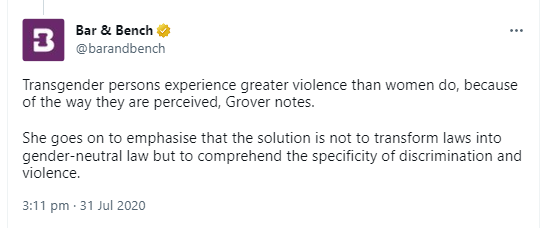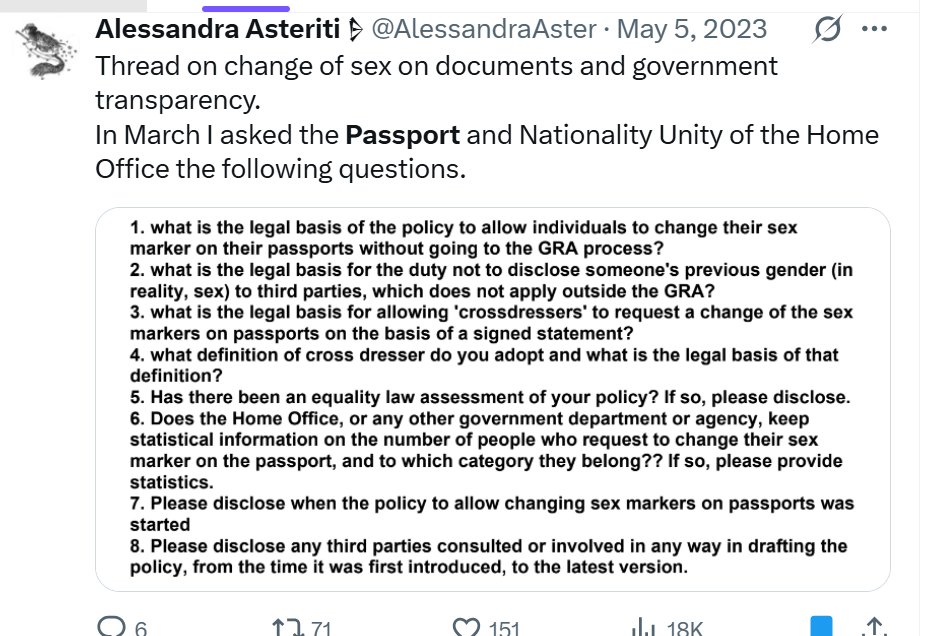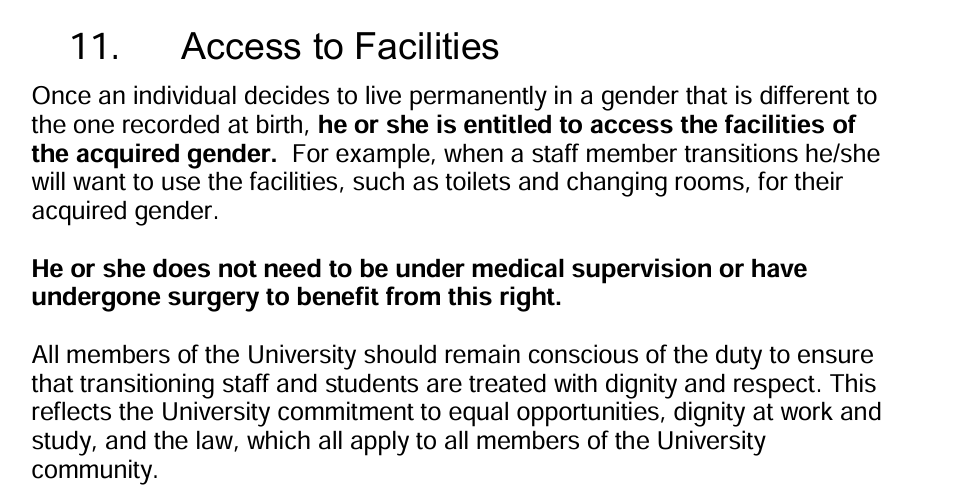Chasing the link between the transgender ideologist in the 1990s and the United Nations. Remember that in the Proceedings for the 1993 ICTLEP Conference we find these news. I could find no evidence of this on the UN documents' repository. 

At the 2004 meeting of the Human Rights Commission in Geneva we find Stephen Whittle, of Press for Change, attending as a member of the International Service for Human Rights. documents-dds-ny.un.org/doc/UNDOC/GEN/…
This NGO was founded in 1984, as noted on their website. One of their goals was to liberalise attendance by human rights NGOs to the proceedings of the Sub-Commission on Human Rights, as its founder recounts. ishr.ch/defender-stori… 

By the mid-2000s they are heavily involved in pushing gender identity in international law and they are involved in the Yogyakarta Principles' drafting, the least democratic and transparent human rights project ever. 

These are some members of the current Board of ISHR. All of them display their pronouns. The ideological capture is now complete. 

• • •
Missing some Tweet in this thread? You can try to
force a refresh















